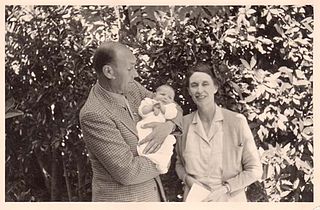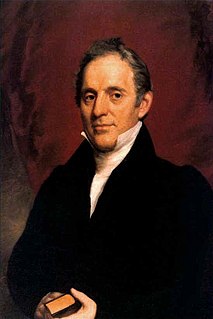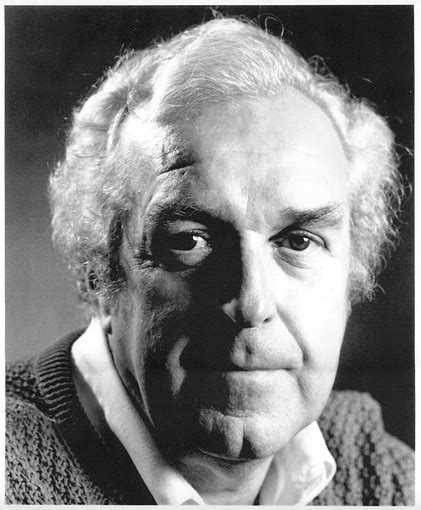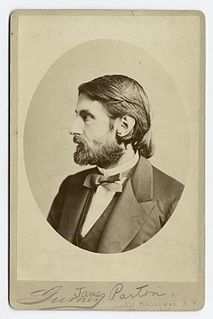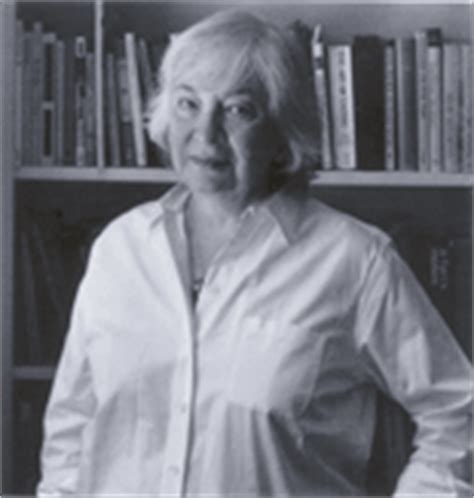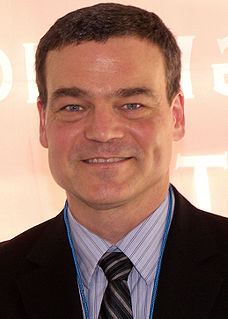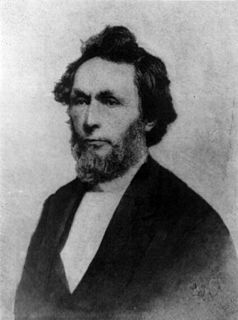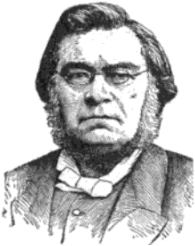Top 12 Quotes & Sayings by Iris Origo
Explore popular quotes and sayings by an English biographer Iris Origo.
Last updated on April 18, 2025.
I believe, not theoretically, but from direct personal experience, that very few of the things that happen to us are purposeless or accidental (and this includes suffering and grief - even that of others), and that sometimes one catches a glimpse of the link between these happenings. I believe - even when I am myself blind and deaf, or even indifferent - in the existence of a mystery.
I write because, exacting as it may be to do so, it is still more difficult to refrain, and because - however conscious of one's limitations one may be - there is always at the back of one's mind an irrational hope that this next book will be different: it will be the rounded achievement, the complete fulfilment. It never has been: yet I am still writing.
Just as, in travel, one may miss seeing the sunset because one cannot find the ticket-office or is afraid of missing the train, so in even the closest human relationships a vast amount of time and of affection is drained away in minor misunderstandings, missed opportunities, and failures in consideration or understanding.
